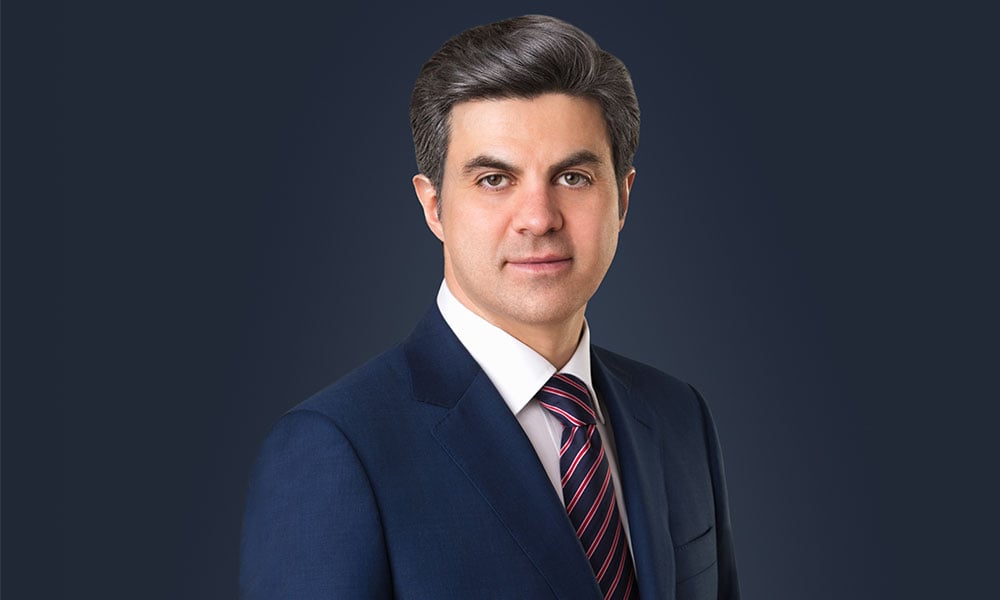
Adjudicator called insurer’s conduct ‘imprudent, inflexible and immoderate’

An adjudicator admonished an insurer for “imprudent, inflexible and immoderate” behaviour in a recent Licence Appeal Tribunal decision, ordering the company to pay an unusual “special award.”
The Jan. 2 decision, Malitskiy v. Unica Insurance, 18-010164/AABS, requires the insurer to pay for attendant care and home modifications but also a special award of 25 per cent of the benefits it had denied.
Applicant Sergey Malitskiy was in an ice fishing accident in 2014 on Lake Simcoe, leaving him catastrophically impaired. Malitskiy’s occupational therapist estimated he would need $6,020.63 in attendant care each month, accounting for medication management, emergency preparation, grooming, bathing, exercising, and safety precautions during the night. Another therapist who took over Malitskiy’s care during a parental leave came to a similar estimate, although it was not considered in the judge’s final calculation.
But Unica asked its own therapist to come up with an attendant care estimate, which was $1,199.10 per month. The insurer’s assessor did not ask about whether Malitskiy needed assistance during the night.
The installation of an in-home elevator (which would also make space for a therapy room) was also debated by experts from both sides. Unica’s housing expert did not recommend the elevator on advice from the insurer’s consulting occupational therapist.
Adjudicator Nidhi Punyarthi concluded that Malitskiy would get $6,000 per month in attendant care benefits dating back to Oct. 13, 2017; $344,864 for home modifications; $2,952 for a housing analysis assessment, and the special award.
Punyarthi wrote that Unica “failed to ask key questions,” referencing the lack of inquiry into nighttime care. Punyarthi wrote that the medical evidence supported Malitskiy’s claims for benefits and it was “unreasonable” to withhold them.
“I was not persuaded that Unica turned its mind to the larger context of information available,” Punyarthi wrote.
The insurer plans to appeal the decision, says Unica’s legal services chief, Mark Fonseca. As it stands, the out-of-the-ordinary LAT decision would change the job descriptions of insurance adjusters to include micromanaging assessors, he says, rather than trusting the expertise of assessors in good faith. Fonseca also says that if Unica’s assessor had recommended a higher rate, they would have paid it, and says part of the discrepancy between the attendant care assessments was due to hourly rate.
“Obviously, there's a lot more evidence that was before the arbitrator, and in our request for reconsideration, we're going to be touching upon that. But the main concern is that it seems to fetter the independence of the assessors that are retained by insurance companies, and place an onus on insurance adjusters to manage the assessors who are providing the reports,” says Fonseca.
Gary Mazin, one of the lawyers who represented Malitskiy, says he was pleasantly surprised by the magnitude of the award in the LAT, as there is not much precedent when it comes to large special awards. Mazin echoed the adjudicator’s findings, saying if the insurer were allowed to rely on opinions of its chosen assessors, it would let the company off the hook for payments.
“It creates a great disparity and unfairness, because you have assessors who are being paid for by the insurance company who are then not provided with all of the relevant information,” he says. “Then unsurprisingly, they come up with unfair recommendations.”
Steve Lewicki, who heads up claims at Unica, pushed back on the notion that assessors would be partial or be provided with anything but the full information required. He says the assessors chosen by Unica often to do work for both insurers and claimants, and have years of experience in private practice — with their own reputation to uphold and a college to answer to.
“[The decision] has obviously got a significant financial impact. It is something that will be of great concern to insurers going forward in terms of the financial exposure that’s involved, but also in terms of how we conduct our business,” says Fonseca. “This doesn’t seem consistent with what we are used to.”
But Mazin says he thinks the decision will “greatly change the dynamic” in the LAT.
“As an insurer, you were saying, ‘Wow, it makes a lot of economic sense to just deny like crazy and put people to the hurdle of going to LAT . . . . our worst-case scenario is we just have to pay our in-house lawyer a little bit.’ In other words, it cost the insurance company almost nothing to take this kind of position. That was sort of the status quo before this case,” says Mazin.
“There's now an incentive for insurers to behave fairly.”